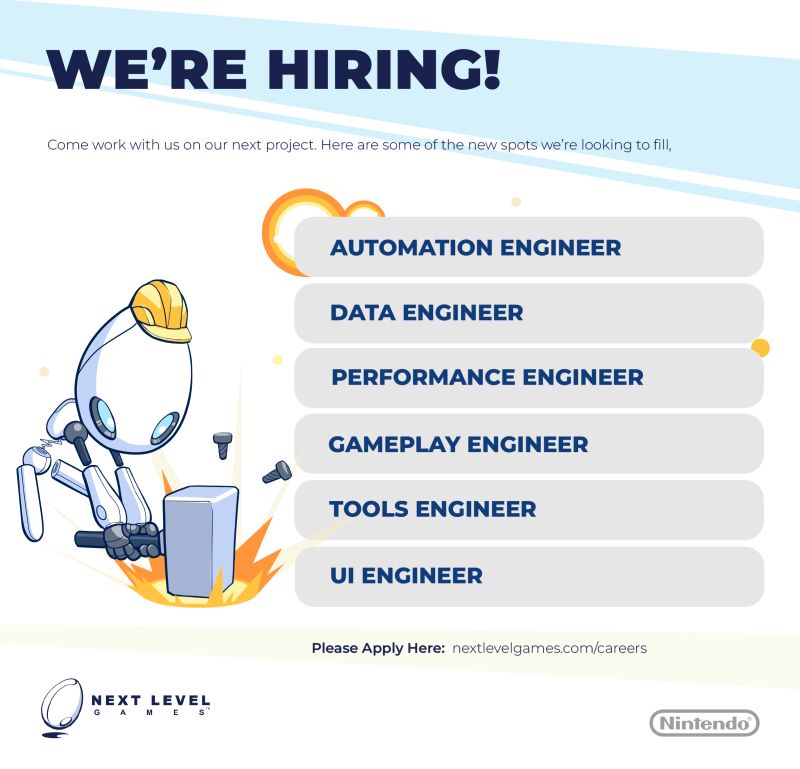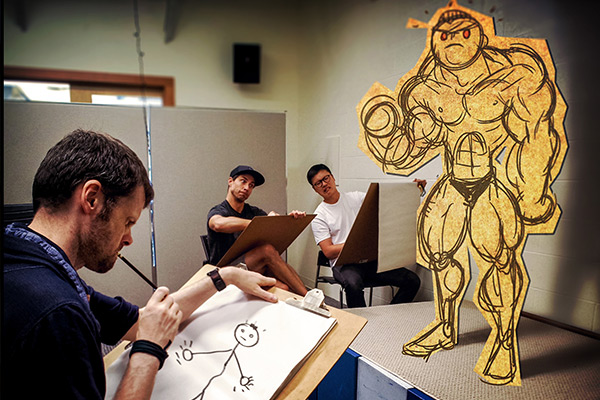Gingerbread Man
Paratroopa
I feel funding these companies was a sort of "desperation move" on Yamauchi's part to get the Japanese market back. Iwata didn't seem to believe in them, letting them manage themselves until the late Wii / early 3DS era when he reformed Brownie and ND Cube (before Iwata, Brownie was publishing games with third parties and ND Cube was a ghost company).In the late 90s and early 2000 era, Nintendo was all about establishing joint partnerships in Japan. Even though it's not well documented in Western press/archives, Nintendo and Hudson formed Monegi Inc. (51% Nintendo, 49% Hudson) and they were exclusively involved in Mario Party development and a few Super Robot Taisen games. A lot of the veteran ND Cube staff may be directly from Monegi rather than Hudson, although it's hard to pinpoint exactly. Hiroshi Ikeda who was the original Nintendo R&D4 manager during the first years of (EAD) Miyamoto/Tezuka developing games on their own, was the President of Monegi, and then later Mario Co., Ltd which was another spinoff join venture company.
Monegi Inc, Mario Co., Ltd., Randnet Co., Ltd., Marigul Inc., Mobile 21 Co., Ltd are a few of those joint companies from Japan.
If we want to be cynical, Iwata didn't live long enough to restructure Genius Sonority.




